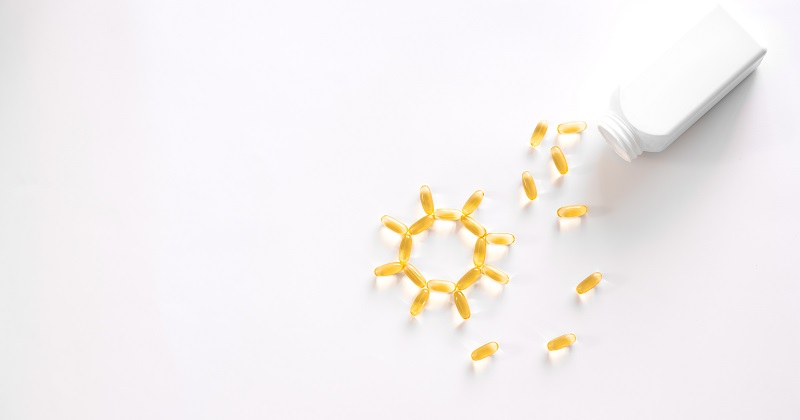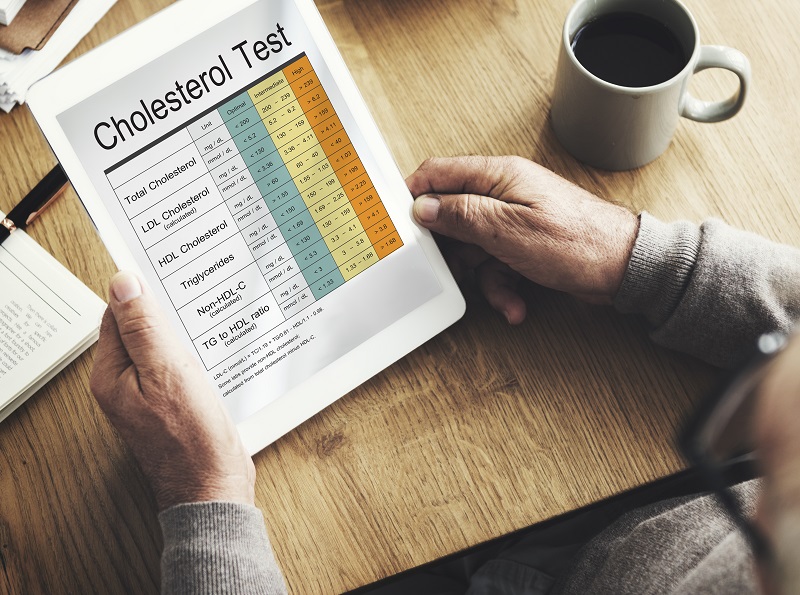By Bhavna Malhotra
Consultant, Nutrition & Lifestyle
Email: bhavna.nutritionqueries@
Vitamin D is known as ‘sunshine vitamin’ plays a vital role in human physiology. The deficiency of this vitamin has become common in a country full of sunshine most part of the year. Isn’t it an irony? So, what is Vitamin D? Why is it essential for our health, and why do Indians living in a tropical country falling short of this vitamin?
Vit D is a fat-soluble vitamin. It is majorly produced (around 90%) by the skin in response to sun exposure. Certain types of fish, fish oils, egg yolks and fortified dairy are some of the food sources of this vitamin. Vegetables and grains are a poor source of Vitamin D. The recommended daily amount (RDA) for this vitamin for Indians is 600 IU (ref RDA 2020). It is essential primarily for keeping your bone health good as it helps in proper calcium absorption. However, a deficiency of this vitamin has been associated with host of other medical conditions like cardiovascular disease, impaired cognitive function, lowered immunity, severe asthma in children and even some cancers.
So why is it that Indians are facing Vitamin D deficiency despite plentiful sunshine:
-
Increased indoor lifestyle due to urbanization which leads to less exposure to sunlight.
-
Increase in pollution which hampers the synthesis of Vitamin D in the skin by UV rays.
-
Changing food habits contribute to low dietary calcium and Vitamin D intake
-
Phytates and phosphates which are present in fiber rich diet, can deplete Vitamin D stores and increase calcium requirement
-
Increased skin pigmentation, darker skin and application of sunscreens
-
Cultural practices such as the burqa and purdah
-
Unspaced and unplanned pregnancies in women with a dietary deficit which can lead to worsening of Vitamin D status in both mother and child
-
Limited availability of Vitamin D fortified foods
Since the deficiency of this vitamin has become prevalent, we should be aware of the common clinical symptoms to get a timely investigation done. Some of the common symptoms are:
-
Fatigue
-
Bone pain
-
Muscle weakness, muscle aches, or muscle cramps
-
Mood changes, like depression.
The symptoms are so vague that they are often missed and attributed to just too much stress and work. However, it is important to be observant and rule out the deficiency with the help of a blood test. A reading of less than 20 ng/ml is considered a deficiency and a reading between 20-50 ng/ml is interpreted as adequate. Only diet and sun exposure are not enough if the levels are very low. A supplement has to be taken as prescribed by your physician.
So, what are the steps to be taken if diagnosed with a deficiency? Spend at least 20 minutes daily in the sun without sunscreen and with minimal clothing on. The UV-B rays responsible for Vitamin D synthesis are maximal between 11 am to 3 pm but given the risk of heatstroke choose a time of the day when the sun is not too harsh. Hence in summers let the exposure be towards 11 am, and in winters it can be afternoon. Get a Vitamin D supplement prescribed by your physician and complete the course religiously. Include Vitamin D rich foods like fatty fish, egg (with yolk), fish oils and fortified foods. Some Vitamin D fortified dairy products and oils are available in the market. So read the label and choose wisely.
At the policy level Government should run awareness programs in schools and educate even health care professionals about the increasing prevalence of deficiency of this vitamin. Food fortification should be done for more products like wheat flour and rice flour which are staple in Indian diet. Blood tests for screening should be made more affordable and accessible for people living in rural areas. Supplements should be provided at PHC level to high-risk population like pregnant/ lactating women, children and elderly.







